Caetano Veloso - Abraçaço (2012)
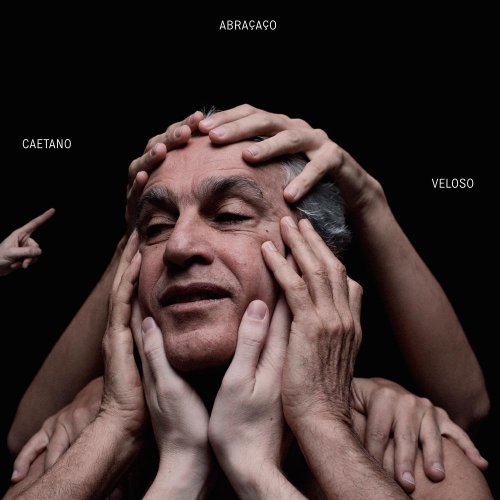
Artist: Caetano Veloso
Title: Abraçaço
Year Of Release: 2012
Label: Universal Music 3726802
Genre: MPB, Bossa Nova, Latin
Quality: FLAC (tracks+.cue,log,scans)
Total Time: 00:51:08
Total Size: 293 MB
WebSite: Album Preview
Tracklist:Title: Abraçaço
Year Of Release: 2012
Label: Universal Music 3726802
Genre: MPB, Bossa Nova, Latin
Quality: FLAC (tracks+.cue,log,scans)
Total Time: 00:51:08
Total Size: 293 MB
WebSite: Album Preview
1. A Bossa Nova É Foda 3:53
2. Um Abraçaço 3:49
3. Estou Triste 5:12
4. O Império Da Lei 4:06
5. Quero Ser Justo 3:52
6. Um Comunista 8:32
7. Funk Melódico 4:38
8. Vinco 5:39
9. Quando O Galo Cantou 3:46
10. Parabéns 3:06
11. Gayana 4:30
Caetano Veloso's Abraçaço is the final album in the trilogy that began with Cê in 2006 and continued with Zii e Zie in 2010. These recordings aren't related conceptually, but musically. He collaborated with the same trio of younger players from the Carioca pop fringe -- guitarist Pedro Sá (who co-produced the set with Veloso's son Moreno), drummer Marcelo Callado, and bassist Ricardo Dias. These songs are rangey, full of compelling sounds and unexpected dynamic and textural shifts. The word "abraçaço" is Portuguese for "big hug." Veloso has embraced all the music between his early tropicalia style and the newer, edgier indie pop of Brazil, and treads that winding path throughout. Opener "A Bossa Nova é Foda" (translation: "Bossa Nova Is Fucking Great") has little in common with what we normally associate with the genre. The only real references to it are brief instrumental quotes from tunes by Tom Jobim and Vinicius Moraes in the bridge. Bouncing guitars and clipped snares are angular and edgy as Veloso employs both his falsetto and a lower, nearly guttural form of expression -- akin to Tibetan throat singing. In the stellar ballad "Estou Triste," Veloso's plaintive baritone slides gradually toward his falsetto, transforming the wealth of the tune's emotion in the process. A gently pulsing electric guitar becomes more insistent and spirals in a solo as a painterly hi-hat evolves into near rolling thunder. The title track reaches into cumbia and funk. The stinging, fuzzed-out guitar solo pushes the envelope but it stays in the pocket of a hooky melody. "Quero Ser Justo" is a lithe, poetic romantic ballad with a sharp, bubbling bassline. The drums and rhythms in "O Império da Lei" come from northeastern Brazil. While the song is bright, even cheerful in tone, its lyric unveils a dark tale of politically motivated murder with only the guitars hinting at the turbulence in the narrative. The militant "Um Comunista" uses dub reggae, jazz, and indie rock and folk music in a cannily unified groove. "Funk Melódico" is a clattering, noisy exercise in multiple rhythms and vocal percussion; it actually recalls some of the wild music found on 1989's Estrangeiro. Bossa nova gets a more formal embrace on "Quando o Galo Cantou." Though the tune is laid-back and generally more settled, it does hold some (gentle) melodic and dynamic surprises. The set closes on a quieter note with "Gayana," a slow, processional romantic ballad with keyboard, guitar, and malleted cymbals underscoring each tenderly sung line. Abraçaço is the most sophisticated, alluring, and captivating offering in this trilogy. Not content to rest on his laurels, Veloso remains a vital, restless artist.
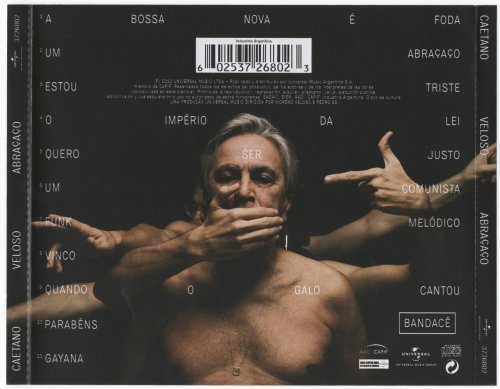
![David Hillyard & The Rocksteady Seven - Home For Dinner (2026) [Hi-Res] David Hillyard & The Rocksteady Seven - Home For Dinner (2026) [Hi-Res]](https://img.israbox.com/img/2026-02/19/i90pm6wt5icib19ylzpzq7dyv.jpg)
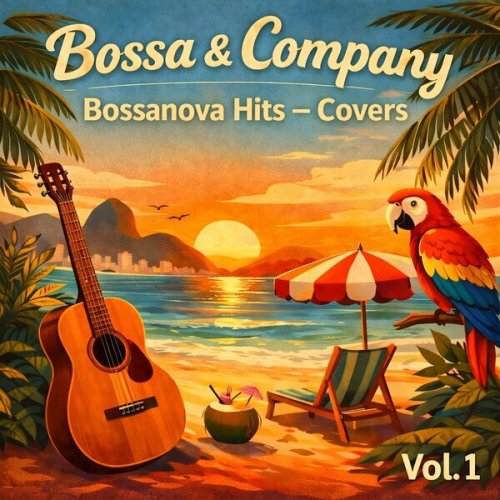
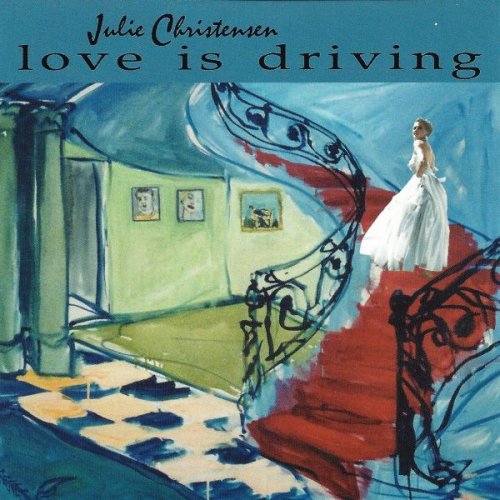
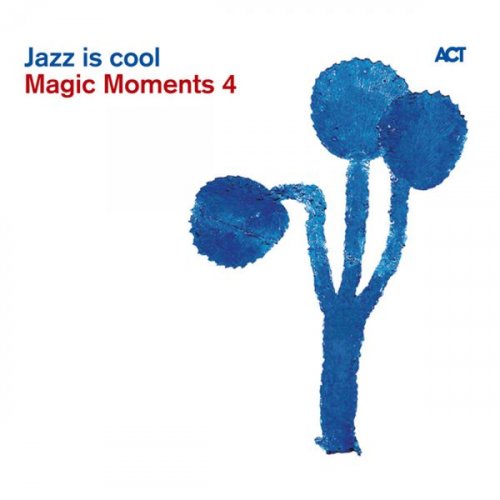
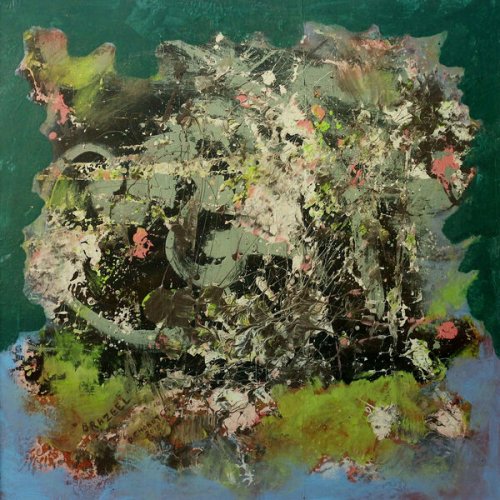
![Joe Pass - Virtuoso (1974) [2025 DSD256] Joe Pass - Virtuoso (1974) [2025 DSD256]](https://www.dibpic.com/uploads/posts/2026-02/1771609997_ff.jpg)
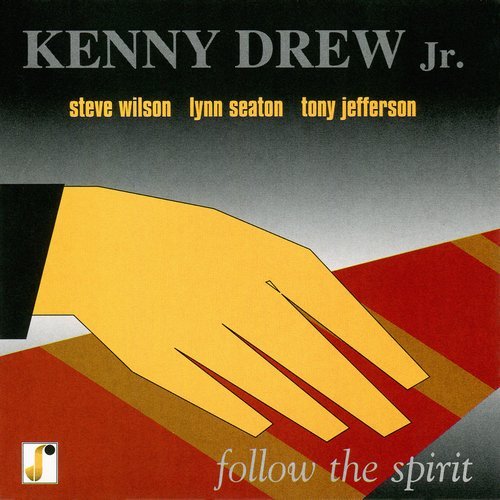

![Dominique Fils-Aimé - My World Is The Sun (2026) [Hi-Res] Dominique Fils-Aimé - My World Is The Sun (2026) [Hi-Res]](https://www.dibpic.com/uploads/posts/2026-02/1771404623_folder.jpg)